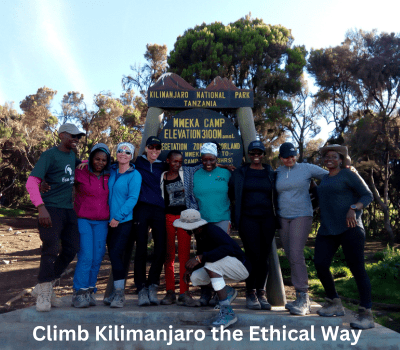How Can I Find a Reliable Local Guide for My Kilimanjaro Expedition?
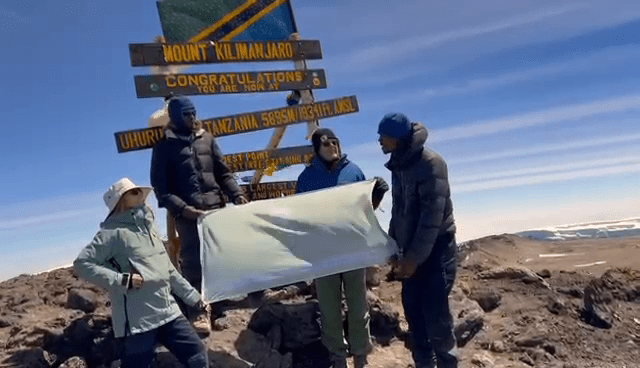
Introduction: Why the Right Guide Is Key to Kilimanjaro Success
Climbing Mount Kilimanjaro is a dream for many adventurers. As Africa’s highest peak, it offers a unique challenge that combines physical endurance with breathtaking scenery. However, the key to a successful and safe ascent lies in choosing the right local guide. A reliable guide not only ensures your safety but also enriches your experience with local knowledge and support.
The Role of a Kilimanjaro Guide: More Than Just a Leader
A Kilimanjaro guide does more than lead the way. They are responsible for:
- Safety: Monitoring your health and managing altitude-related risks.
- Logistics: Coordinating porters, meals, and accommodations.
- Education: Sharing insights about the mountain’s ecology and local culture.
- Motivation: Encouraging and supporting you throughout the climb.
Choosing a guide with the right experience and qualifications is crucial for a successful expedition.
Local vs. International Operators: What’s the Difference?
When planning your Kilimanjaro climb, you’ll encounter both local and international tour operators. Here’s how they differ:
- Local Operators: Based in Tanzania, they offer authentic experiences and direct support to the local economy. They often have deep knowledge of the mountain and its surroundings.
- International Operators: Based outside Tanzania, they may offer packaged tours that include international flights and other services. However, they often subcontract to local companies for the actual climb.
Opting for a reputable local operator can provide a more personalized experience and ensure that your investment benefits the local community.
Qualities of a Reliable Kilimanjaro Guide
When selecting a guide, consider the following qualities:
- Certification: Ensure they are licensed by the Kilimanjaro National Park Authority (KINAPA).
- Experience: Look for guides with multiple successful summits and years of experience.
- First Aid Training: Guides should be trained in wilderness first aid and altitude sickness management.
- Communication Skills: Proficiency in English or your preferred language is essential for clear communication.
- Affiliation with Ethical Organizations: Guides associated with organizations like the Kilimanjaro Porters Assistance Project (KPAP) demonstrate a commitment to fair treatment of porters and ethical practices.
Evaluating these qualities will help you choose a guide who can provide a safe and enriching climbing experience.
Where to Start Your Search for Local Guides
Finding a reliable local guide involves thorough research. Here are some steps to begin your search:
- KPAP Partner List: Consult the list of KPAP-partnered companies to find operators committed to ethical practices. Visit KPAP’s official website for more information.
- Online Reviews: Read reviews on platforms like TripAdvisor and Reddit to gauge the experiences of other climbers. For example, a Reddit user recommended XPATS International Travel for their Kilimanjaro climb, noting the company’s affordability and excellent service :contentReference[oaicite:1]{index=1}.
- Direct Contact: Reach out to potential guides or companies to ask questions about their experience, certifications, and services offered.
- Referrals: Seek recommendations from friends or travel forums who have previously completed the climb.
Taking these steps will help you identify and select a guide who meets your needs and expectations.
Certifications and Affiliations to Look For
When selecting a local guide for your Kilimanjaro expedition, it’s crucial to verify their certifications and affiliations to ensure safety and ethical practices. Key certifications include:
- Kilimanjaro National Park Authority (KINAPA) License: All guides must be licensed by KINAPA to operate legally on the mountain.
- Wilderness First Responder (WFR) Certification: This certification ensures that guides are trained to handle medical emergencies and altitude-related issues.
- Affiliation with the Kilimanjaro Porters Assistance Project (KPAP): KPAP monitors and promotes fair treatment of porters and guides, ensuring ethical climbing practices.
Choosing a guide with these certifications guarantees a commitment to safety, professionalism, and ethical standards.
The Importance of KPAP Membership
The Kilimanjaro Porters Assistance Project (KPAP) is a non-profit organization dedicated to improving the working conditions of porters on Kilimanjaro. Partner companies with KPAP are committed to:
- Paying fair wages to porters and guides.
- Providing proper equipment and meals.
- Ensuring reasonable loads and working hours.
- Maintaining transparent tipping procedures.
By choosing a KPAP-affiliated guide or company, you support ethical climbing practices and contribute to the well-being of the local mountain crew.
Reading Reviews and Seeking Recommendations
Before finalizing your choice of a local guide, it’s advisable to read reviews and seek recommendations. Platforms like TripAdvisor and Reddit’s Kilimanjaro community offer firsthand accounts from climbers. For instance, a Reddit user recommended XPATS International Travel for their Kilimanjaro climb, noting the company’s affordability and excellent service. Another climber praised Altezza Travel for their knowledgeable guides and ethical practices. Gathering such insights can help you make an informed decision.
Questions to Ask Potential Guides
Engaging in direct communication with potential guides is essential. Consider asking the following questions:
- What certifications do you hold? Ensure they have KINAPA licensing and WFR certification.
- Are you affiliated with KPAP? This confirms their commitment to ethical practices.
- How many successful summits have you led? Experience is a key indicator of reliability.
- What safety measures do you implement during the climb? Inquire about health monitoring and emergency protocols.
- Can you provide references from past clients? Testimonials can offer additional assurance.
These questions will help you assess the guide’s qualifications and suitability for your expedition.
Red Flags to Avoid
Be cautious of the following warning signs when selecting a local guide:
- Lack of proper licensing or certifications: This may indicate inexperience or non-compliance with regulations.
- Unwillingness to provide references: Transparency is crucial in establishing trust.
- Negative reviews or complaints: Consistent negative feedback can be a red flag.
- Unrealistically low prices: Extremely cheap offers may compromise safety and ethical standards.
- Poor communication: Delayed or unclear responses can signal unprofessionalism.
Avoiding these red flags will help ensure a safe and ethical climbing experience.
Understanding the Importance of Certifications
When selecting a local guide for your Kilimanjaro expedition, it’s crucial to verify their certifications to ensure safety and professionalism. Key certifications include:
- Kilimanjaro National Park Authority (KINAPA) License: All guides must be licensed by KINAPA to operate legally on the mountain.
- Wilderness First Responder (WFR) Certification: This certification ensures that guides are trained to handle medical emergencies and altitude-related issues.
- Affiliation with the Kilimanjaro Porters Assistance Project (KPAP): KPAP monitors and promotes fair treatment of porters and guides, ensuring ethical climbing practices.
Choosing a guide with these certifications guarantees a commitment to safety, professionalism, and ethical standards.
The Role of KPAP in Promoting Ethical Climbing
The Kilimanjaro Porters Assistance Project (KPAP) is a non-profit organization dedicated to improving the working conditions of porters on Kilimanjaro. Partner companies with KPAP are committed to:
- Paying fair wages to porters and guides.
- Providing proper equipment and meals.
- Ensuring reasonable loads and working hours.
- Maintaining transparent tipping procedures.
By choosing a KPAP-affiliated guide or company, you support ethical climbing practices and contribute to the well-being of the local mountain crew.
Reading Reviews and Seeking Recommendations
Before finalizing your choice of a local guide, it’s advisable to read reviews and seek recommendations. Platforms like TripAdvisor and Reddit’s Kilimanjaro community offer firsthand accounts from climbers. For instance, a Reddit user recommended XPATS International Travel for their Kilimanjaro climb, noting the company’s affordability and excellent service. Another climber praised Altezza Travel for their knowledgeable guides and ethical practices. Gathering such insights can help you make an informed decision.
Questions to Ask Potential Guides
Engaging in direct communication with potential guides is essential. Consider asking the following questions:
- What certifications do you hold? Ensure they have KINAPA licensing and WFR certification.
- Are you affiliated with KPAP? This confirms their commitment to ethical practices.
- How many successful summits have you led? Experience is a key indicator of reliability.
- What safety measures do you implement during the climb? Inquire about health monitoring and emergency protocols.
- Can you provide references from past clients? Testimonials can offer additional assurance.
These questions will help you assess the guide’s qualifications and suitability for your expedition.
Red Flags to Avoid
Be cautious of the following warning signs when selecting a local guide:
- Lack of proper licensing or certifications: This may indicate inexperience or non-compliance with regulations.
- Unwillingness to provide references: Transparency is crucial in establishing trust.
- Negative reviews or complaints: Consistent negative feedback can be a red flag.
- Unrealistically low prices: Extremely cheap offers may compromise safety and ethical standards.
- Poor communication: Delayed or unclear responses can signal unprofessionalism.
Avoiding these red flags will help ensure a safe and ethical climbing experience.
Conclusion: Trusting the Right Guide Makes the Difference
Choosing a reliable local guide for your Kilimanjaro expedition is one of the most important decisions you’ll make. A good guide not only ensures your safety but also enhances your experience by sharing deep knowledge of the mountain, culture, and region. Look for KPAP-partnered companies, verify medical certifications like WFR, and always value honesty and professionalism over low prices.
By partnering with a local operator like Eco-Africa Climbing, you’re choosing more than a guide—you’re supporting ethical tourism and empowering the local community.
Frequently Asked Questions (FAQs)
How much experience should a Kilimanjaro guide have?
Look for guides with at least 3+ years of experience and a history of successful summits.
Are all Kilimanjaro guides certified?
No. Only guides licensed by KINAPA and trained in WFR are considered properly certified. Always ask for proof.
Should I go with an international company?
Not necessarily. Many international companies subcontract to local operators. Booking directly with a local guide ensures better service and supports the Tanzanian economy.
Is tipping expected?
Yes. Tipping is customary and supports fair wages. Ethical operators follow KPAP guidelines for transparent tipping practices.
What’s the best route for first-time climbers?
The 8 Days Lemosho Route or 9 Days Northern Circuit are ideal for beginners due to their slower ascent and better acclimatization.
Looking for the Best Local Guide for Kilimanjaro?
Partner with Eco-Africa Climbing—a 100% Tanzanian-owned and KPAP-partnered company. Our guides are WFR-certified, locally trained, and highly experienced with over 1,000 summits.
Climb ethically, safely, and confidently—with a guide you can trust.
Share:
Related Posts
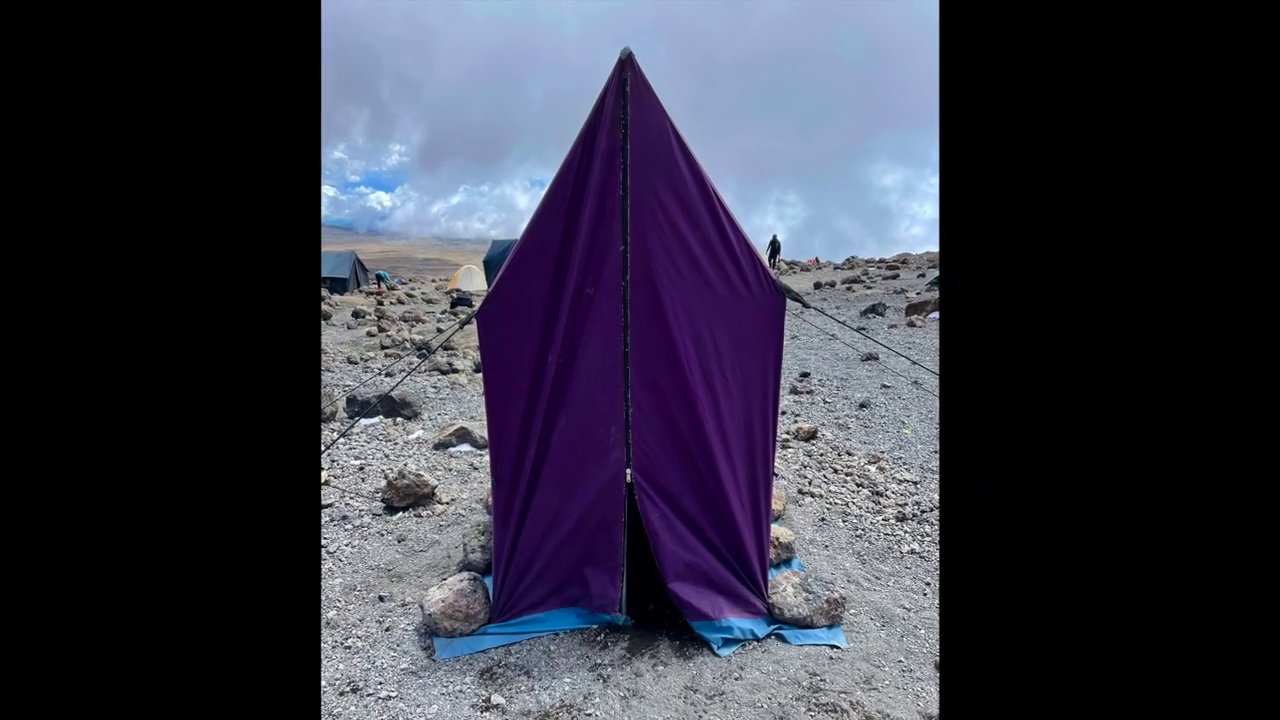
bathroom on mountain kilimanjaro
Bathroom on Mountain Kilimanjaro: What to Expect and How to Prepare Introduction One of the most common — and least discussed — questions from people
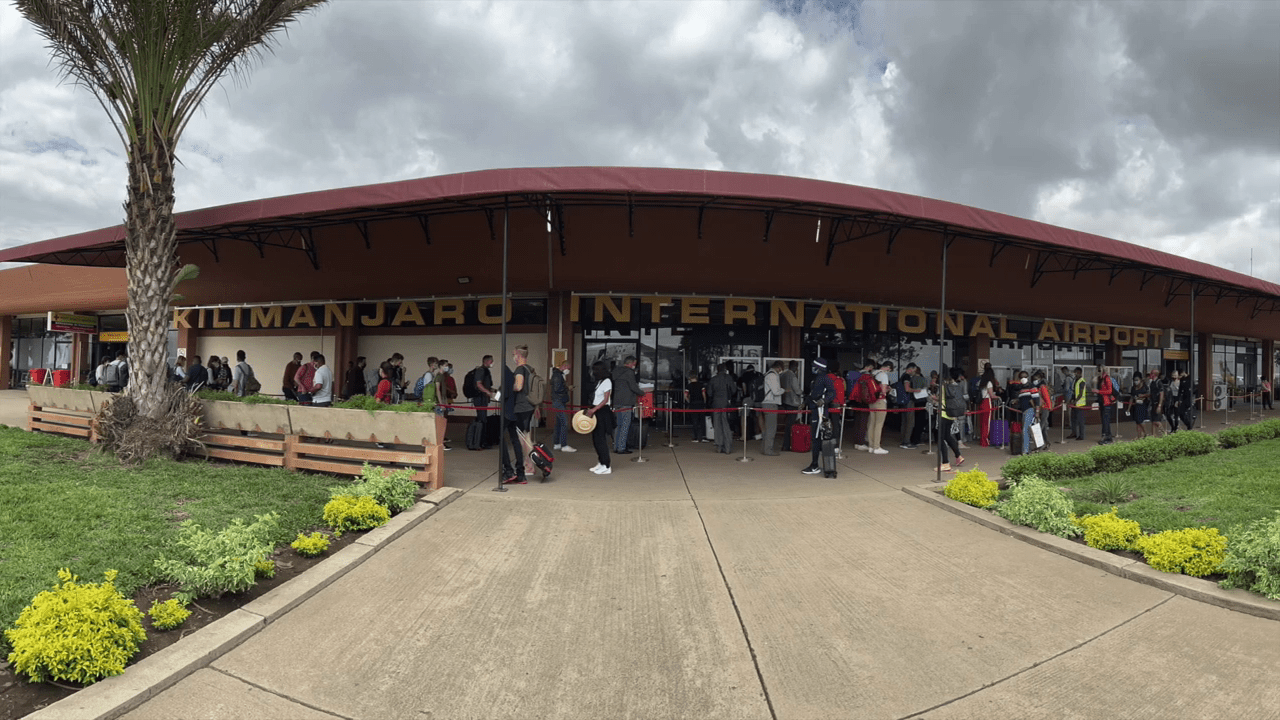
Are Guides Readily Available in Tanzania Without Prior Booking?
Are Guides Readily Available in Tanzania Without Prior Booking? Introduction: Should You Risk Climbing Without Pre-Booking? Climbing Mount Kilimanjaro is a dream for many adventurers.

How Can I Find a Reliable Local Guide for My Kilimanjaro Expedition?
How Can I Find a Reliable Local Guide for My Kilimanjaro Expedition? Introduction: Why the Right Guide Is Key to Kilimanjaro Success Climbing Mount Kilimanjaro
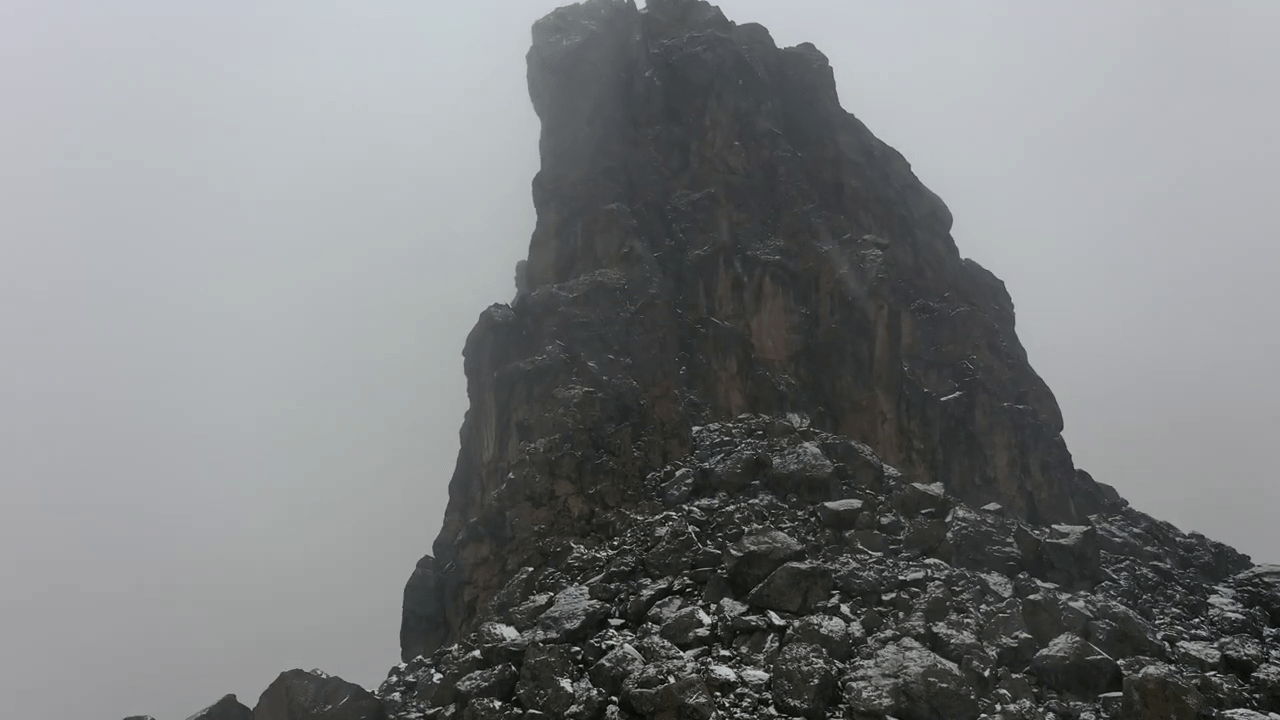
Is Climbing Kilimanjaro Dangerous for Individuals Without Mountaineering Experience?
Is Climbing Kilimanjaro Dangerous for Individuals Without Mountaineering Experience? Introduction: The Myth of Danger and Experience Many aspiring adventurers wonder if climbing Mount Kilimanjaro is
